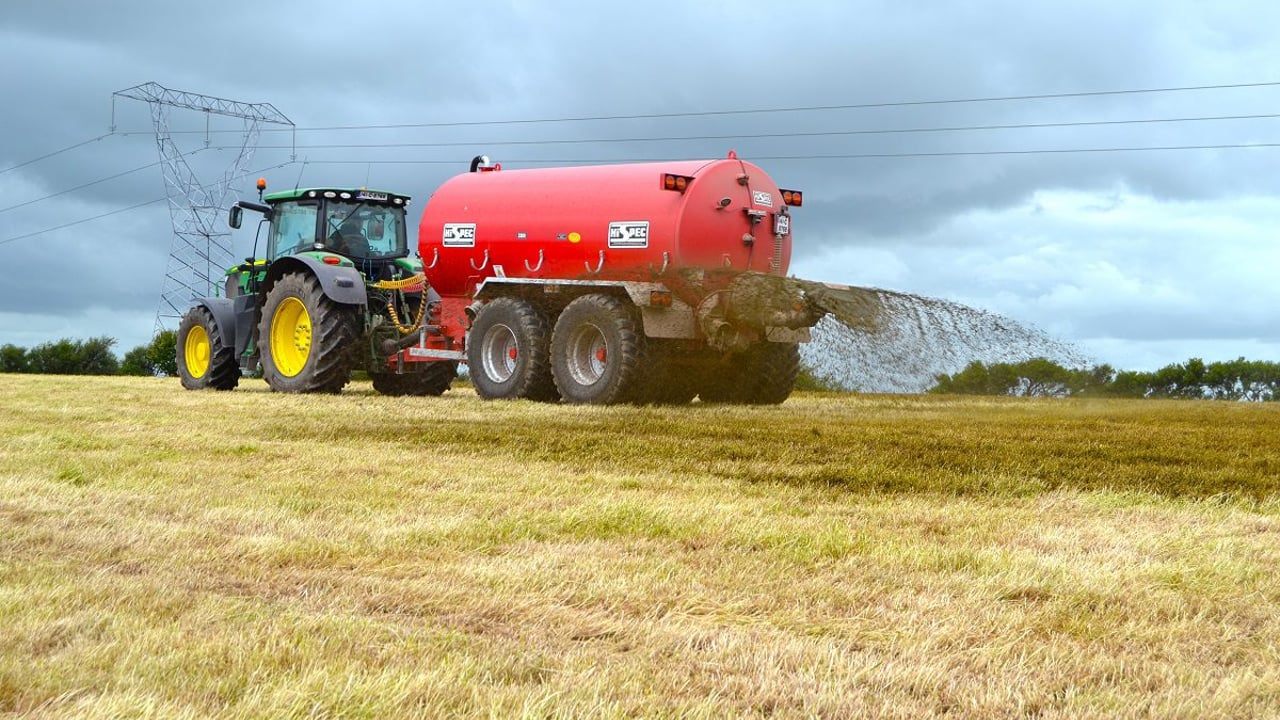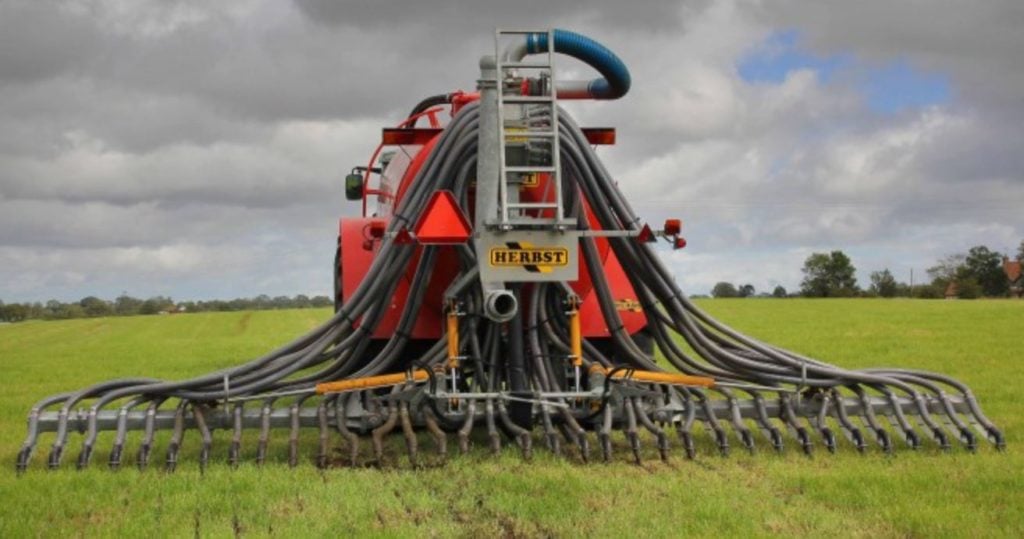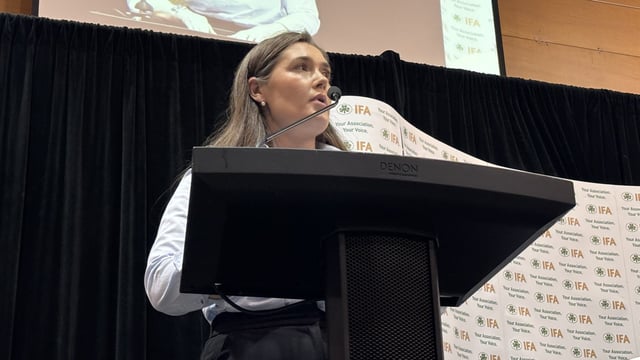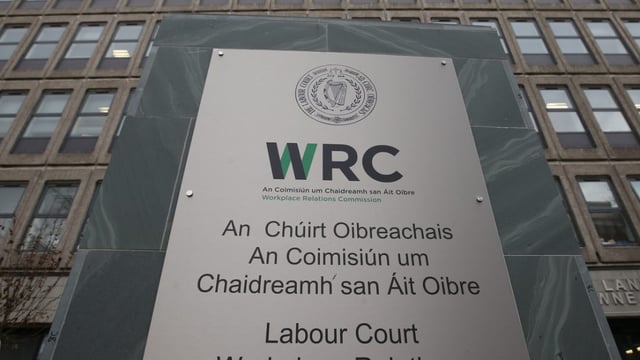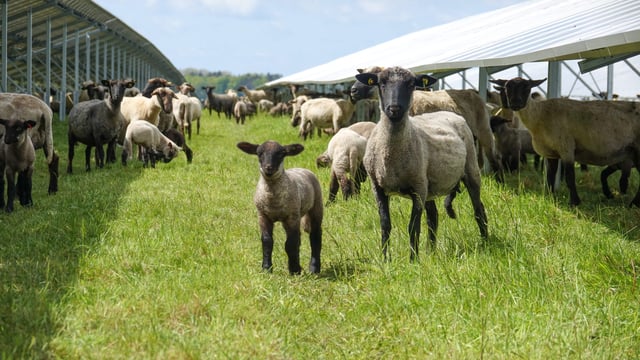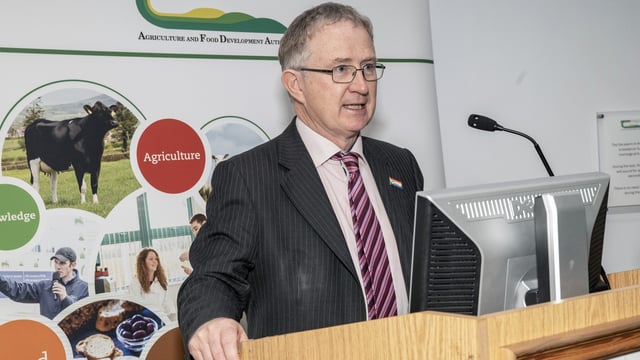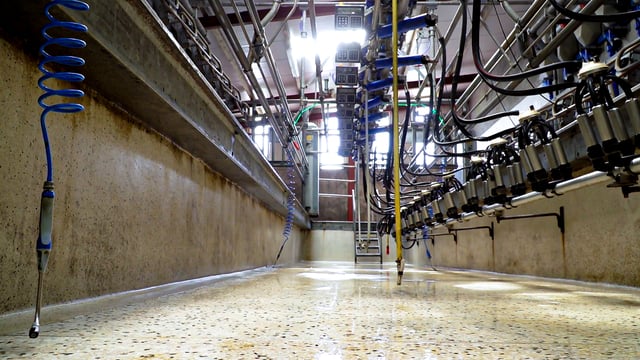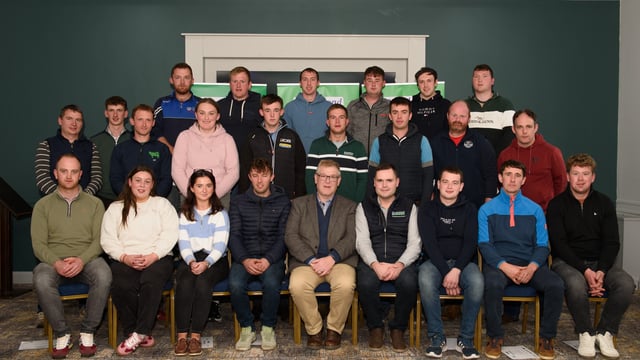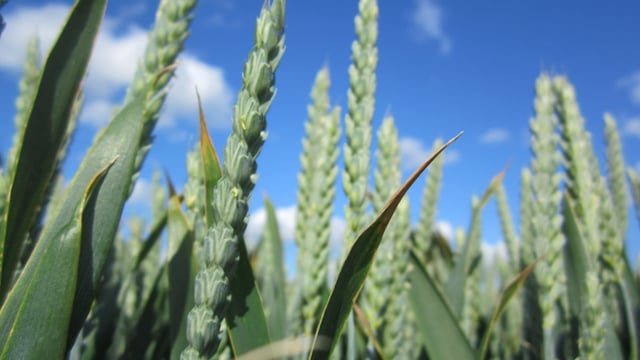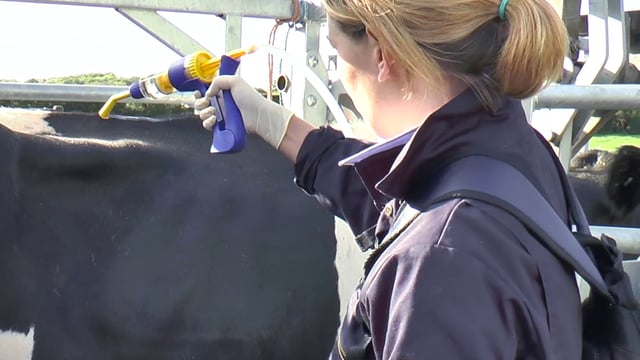Draft proposal on splash plate use for hilly ground 'very welcome'
A proposal to allow farmers to spread slurry using a splash plate on hilly ground has been welcomed by the Irish Farmers' Association (IFA).
Since January 1, 2025, more farmers were prohibited from using splash plates to spread slurry on their farms under the Good Agricultural Practice for Protection of Waters (GAP) Regulations.
These regulations give effect to Ireland’s Nitrates Action Programme (NAP) which aims to protect water against pollution caused by nitrates from agricultural sources.
Splash plate
However, farmers raised the health and safety risk of enforcing the use of heavier LESS equipment when spreading slurry on hilly areas.
The concerns were highlighted at an IFA meeting in Upperchurch, Co. Tipperary in October 2024 where around 450 farmers signed a petition calling for the splash plate ban to be deferred.
The matter was also raised by Tipperary North IFA chair, Baden Powell with both Micheál Martin and Simon Harris ahead of the last general election.
Powell and other farmers pointed to a derogation allowing the use of splash plates in upland areas in the southern states of Germany.
It now appears that the concerns raised by the farmers may be addressed under the next NAP.
The draft version of the sixth NAP, which will run from 2026 to 2029, was recently published by the government and is currently out for public consultation.
As part of the accompanying draft GAP regulations, it is stated that LESS equipment shall be used for the application of slurry on holdings with a previous year’s grassland stocking rates of 100kg of nitrogen (N) per hectare from grazing livestock manure or above prior to export of livestock manure from the holding.
The draft regulations add that "where for operator health and safety reasons it would be inappropriate to comply with that requirement due to land within a grassland parcel sloping steeply, it is permitted to spread cattle slurry close to the ground using a downward-facing splash plate".
"In this scenario, the occupier must keep a record of such spreading including the Land Parcel Identification System (LPIS) number and the spreading date(s)," the draft adds.
Sensible approach
Baden Powell told Agriland that the proposal is "a very welcome addition" to the draft GAP regulations and he hopes it is part of the final document.
The Tipperary North IFA chair said there were a number of accidents this year involving farmers using LESS equipment on high ground.
"I think it's a very sensible approach to dealing with the health and safety issues of trying to get slurry out on high ground," he said.
"The people who are having to travel that high land, and most of them don't have an option, they don't have 50ac down in the lowlands, they have to try and get their slurry out as best they can," he added.
Powell believes that the proposal contained in the draft GAP regulations is "a workable solution" to the issue.
"The way they've it done, it's not allowing someone abuse the system, it's not allowing anyone do anything wrong, it's all for the good.
"They're only targeting the high fields and I think that's a sensible approach," Powell said.

